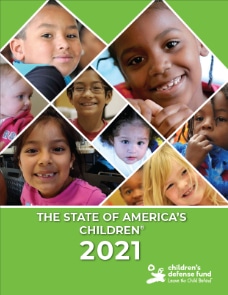Understanding the Expanded Child Tax Credit
The American Rescue Plan includes a significant, one-year expansion to the Child Tax Credit (CTC). Millions of newly eligible children and their families will benefit from this major expansion, and successful implementation is now key to realizing a significant reduction in child poverty, building racial equity, and creating a public investment for the good of all children. Here’s what you need to know about the expanded CTC.

